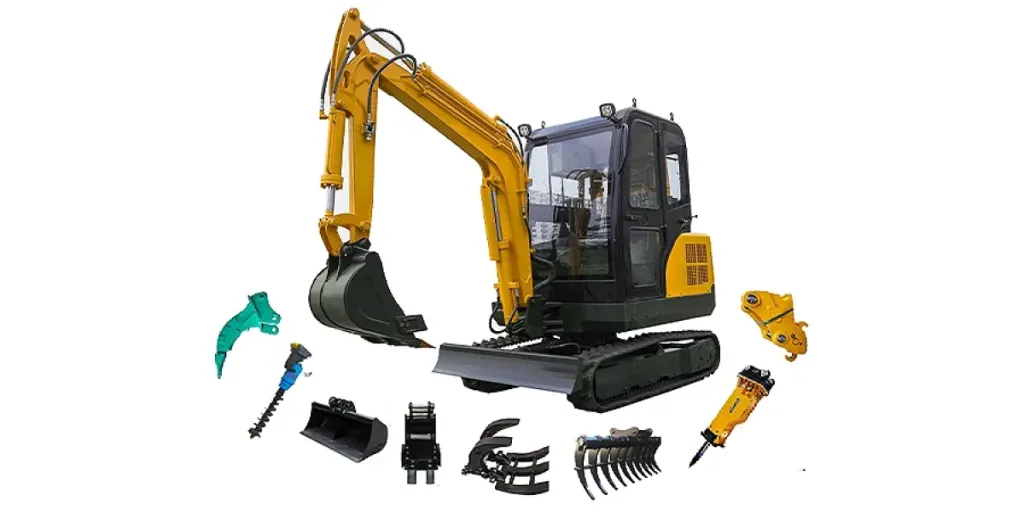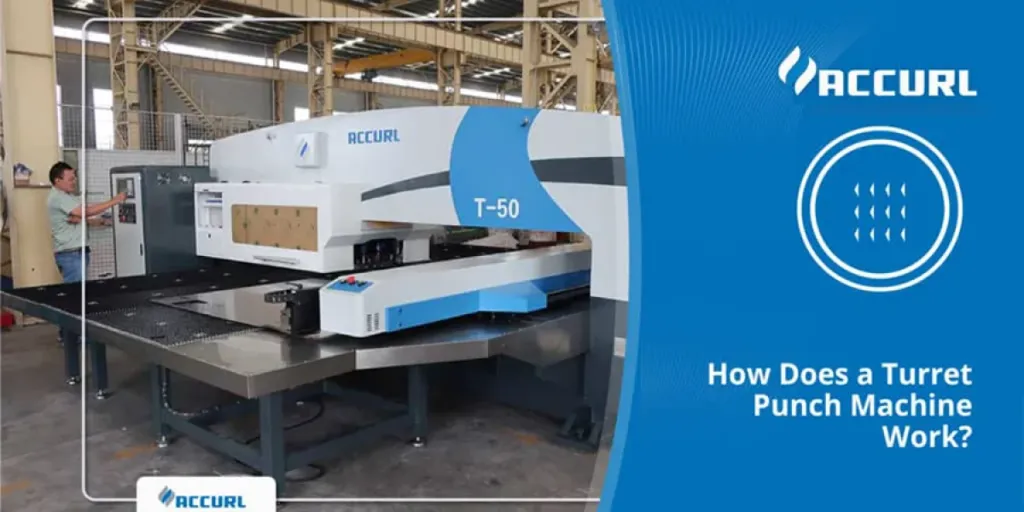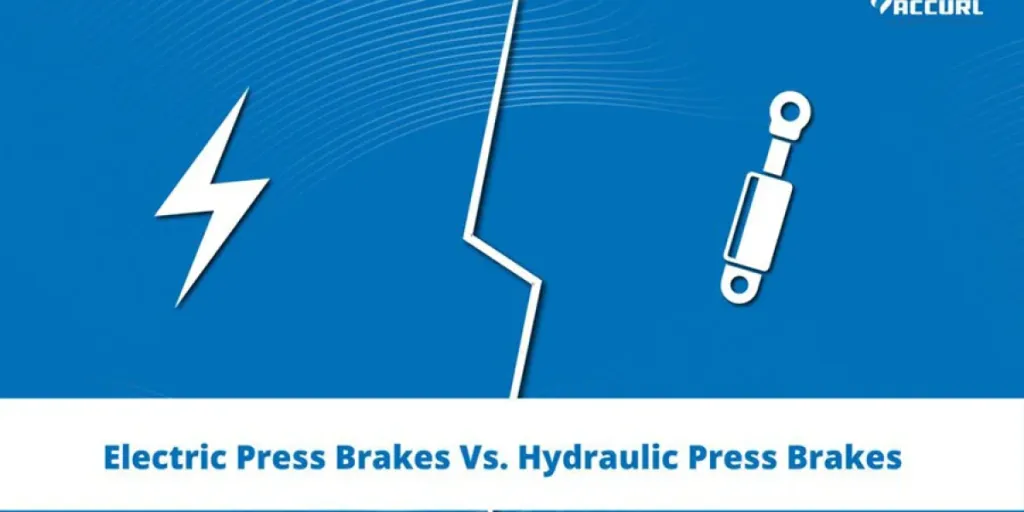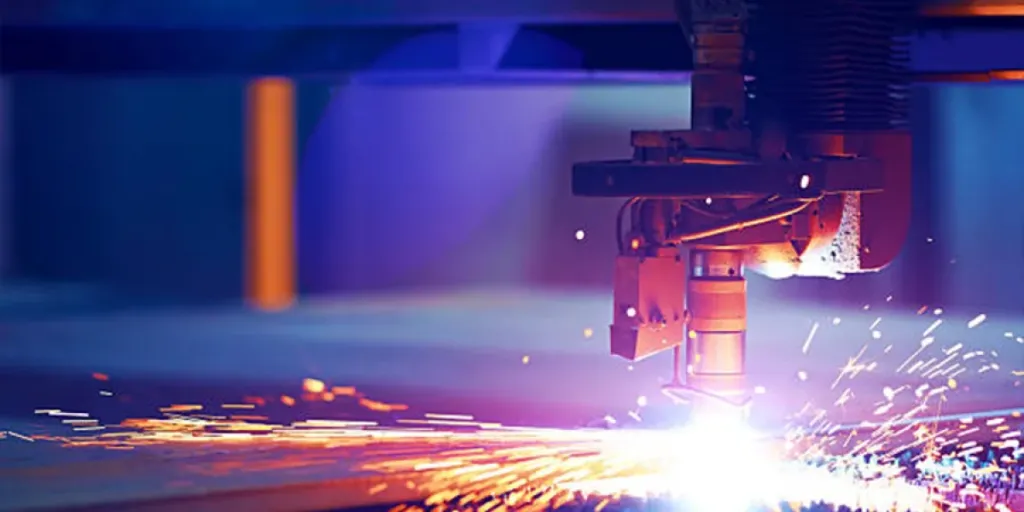Excavators play an essential role in many industries for their ability to move heavy earth and materials. However, their size means that they’re typically suitable for large-scale work. That’s where mini excavators come in.
Mini excavators allow home-based landscaping and transportation projects access to the same functions of larger models, except with more convenience and a lower price tag. Businesses venturing into this market may find it a great option because the market of mini excavators is set to expand due to their popularity in construction and maintenance.
Table of Contents
Features of mini, midi, and standard excavators
Mini excavators: market share and demand
Key tips to consider when purchasing a mini excavator
Types of mini excavators
The target market for mini excavators
Features of mini, midi, and standard excavators
| Specification | Mini excavator | Midi excavator | Standard excavator |
| Tonnage | < 6 tons | 6 – 10 tons | 10 – 45 tons |
| Power | 14.5 hp | 72 hp | 164 hp |
| Use/Application | Indoor projects, sewer repair, waterline installations | Landscaping, building construction | Commercial construction |
Mini excavators: Market share and demand
Mini excavators account for 19.3% of sales of all excavators. The global market share of mini excavators is at $44.12 billion. These days, there are emerging trends such as investing in the research and development of mini-excavators to install hydraulics and make them more efficient for specific niches such as forestry, the mining industry, and agricultural equipment. Manufacturing companies are working to develop automation to improve efficiency, while there is also a shift in the industry towards renting mini excavators instead of owning them.
Key tips to consider when purchasing a mini excavator.
There are several things to consider before buying a mini excavator. These are detailed below to help those interested in making a purchase get the model that will best suit their needs and budget.
Reliability
A reliable mini excavator will be able to complete projects and generally function without hitches. This means that businesses are better placed when buying new machines than used ones. While it’s normal for a machine to break down periodically, quality models will ensure that work is done consistently, with lower maintenance costs.
Transportation and security
A mini excavator should be relatively easy to transport over long distances. That said, the means of secure transportation is a worthwhile consideration before purchasing because mini excavators can be easily damaged.
Versatility
Picking a mini excavator that can be adapted to different scenarios is also an important consideration. It means acquiring a machine that can, with a few modifications, dig, excavate soil and drill through hard ground. There is no need to buy several machines for these different functions when the suitable model may be able to meet all these needs.
Cost
The general price of mini excavators is between $20,000 to $90,000.
An excavator with a horsepower of between 10 – 20 and a dig depth of 5 – 7 feet costs $ 25,000, while one with a dig depth of 8 – 10 feet and 20 hp – 30 hp costs $ 30,000 to $ 40,000.
For $ 60,000, a business can purchase a mini excavator with over 40 hp and a dig depth greater than 12 feet.
Businesses can also buy more than one bucket for an extra $ 1000 for each bucket. In addition, powered attachments such as augers or thumbs cost between $ 5000 to $ 10,000.
The ability to demo the excavator.
Conducting a demo of a mini excavator will help the buyers get a feel of how the machine feels. It also acts as a mini-training course on using the machine, especially if there are new features. A business should consider having demonstrations before making a purchase.
Engine type
Advancements in technology have led to the development of electric engines. These may be more efficient than traditional diesel engines and have an advantage in that they don’t pollute the environment.
Digging depth, power, and engine size
Zero tail mini excavators provide up to 25 hp. Their average weight is 3600 kg and has a digging depth of 2.5 m. Tail swing mini excavators weigh up to 5500 kg, and their engines generate up to 65 hp. Their digging depth can reach 4 m. Considering these specs is essential for a prospecting business to ensure the machine’s suitability to their requirements.
Types of mini excavators
Tail swing excavators
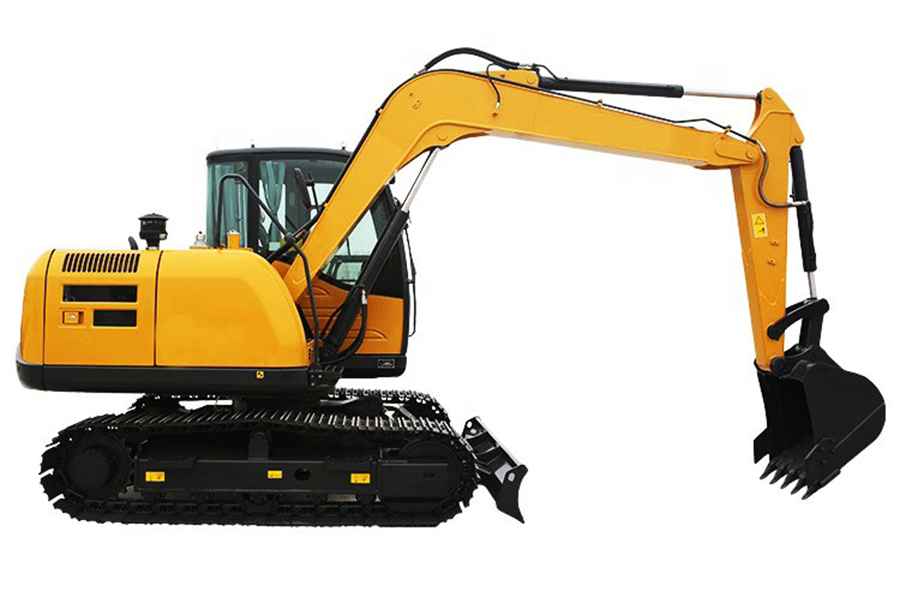
Tail swing excavators extend beyond the machine’s tracks when rotating. They, therefore, work best in open spaces.
Features:
- Its cabin is longer than the tracks it sits on.
- It can attach a bucket, a drill, or a digger.
Pros:
- It can lift heavier loads.
- It is more stable than zero tail swing excavators.
Cons:
- It is not suitable for confined and congested spaces.
- It is more expensive than zero tail swing mini excavators.
Zero tail-swing excavators
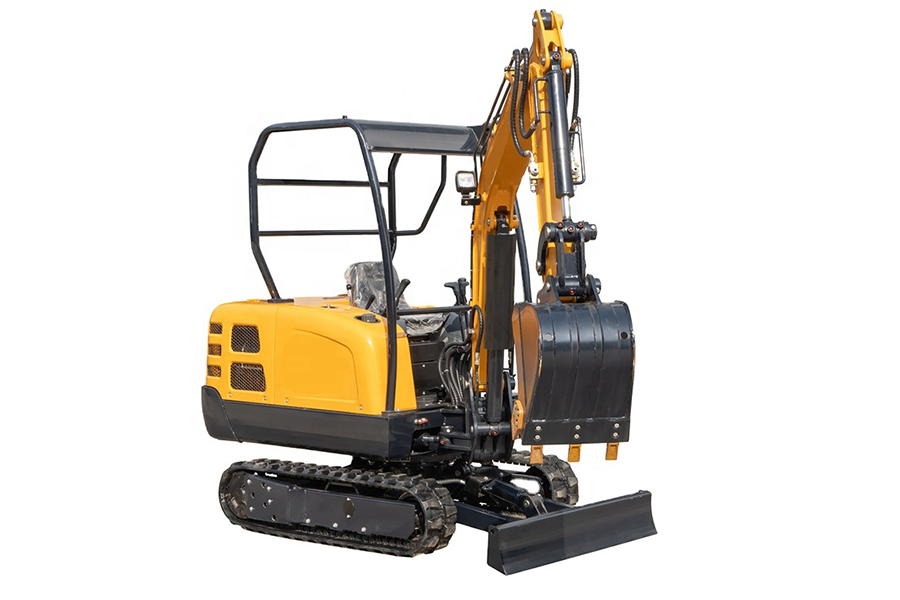
The zero tail-swing excavator’s upper body can rotate within the machine’s undercarriage.
Features:
- The excavator housing does not extend beyond the tracks as the excavator rotates.
Pros:
- It can work in congested areas.
- It is easily maneuverable.
- It is less costly than tail swing excavators.
- It can be easily transported.
Cons:
- It has a lower rate of operating capacity.
- It is not suitable for weights above 2 tons.
- It will pitch more with heavier loads than a conventional excavator.
The target market for mini excavators
The mini excavator market is projected to grow to $63.14 billion by 2026 at a compound annual growth rate of 4.7%. The Asia Pacific region has been the dominant region for mini excavators, with sales of $17.32 billion. They’re expected to maintain this position, followed closely by the North American region, which generated a revenue of $9.62 billion.
Conclusion
Standard excavators provide many uses but they are better suited to businesses with bigger budgets who operate projects in larger spaces. Mini excavators come in handy for small confined spaces, while still providing the power and efficiency required for most jobs.
This guide has highlighted the features and benefits of mini excavators, and the factors to be considered to make the best purchase for one’s needs. For those interested in diving deeper, check out the mini excavator section on Alibaba.com for further information on what the market has to offer.
